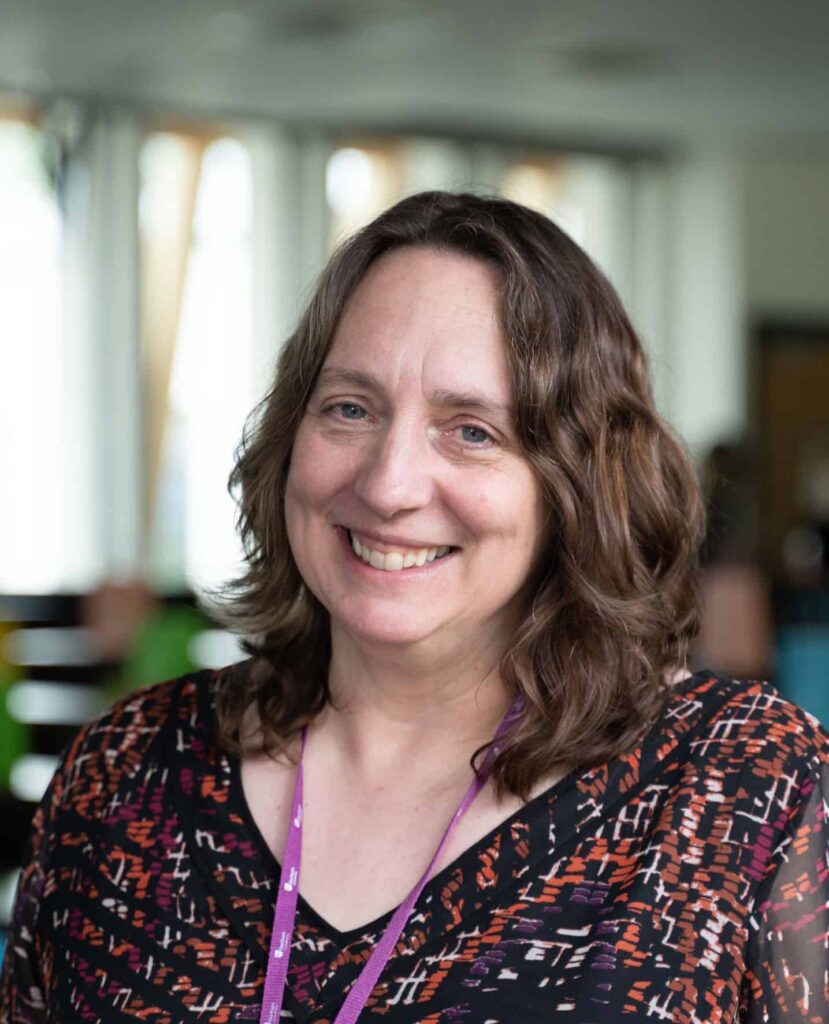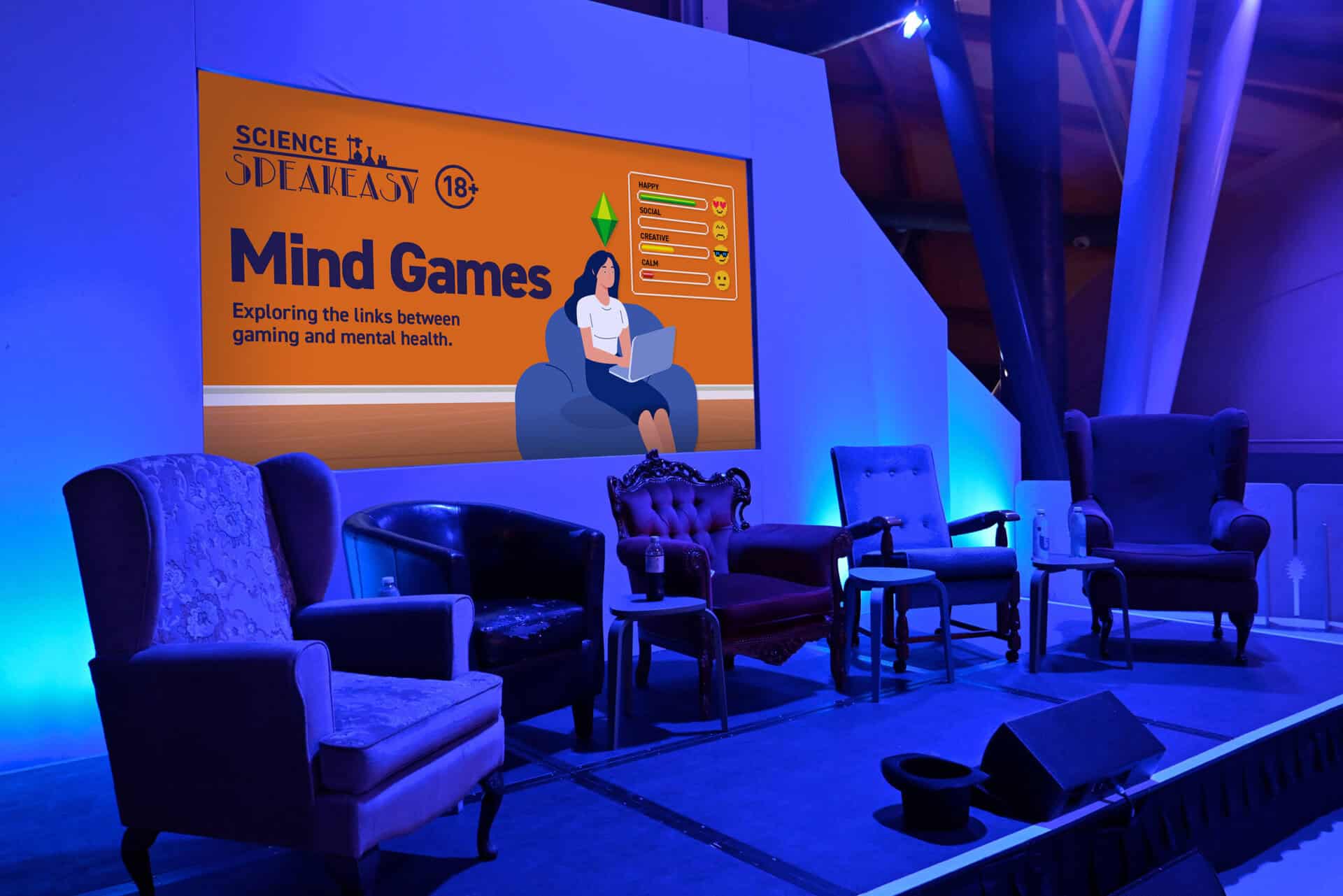
Nic Whitton is Professor of Digital Play and Learning in the Department of Computer and Information Sciences at Northumbria University. Her research focuses on using playful approaches and digital games to support learning, as well as looking at the impacts on work, social engagement, and wellbeing.
Nic is one of the panellists at our Science Speakeasy Mind Games, which examines the links between video games and mental health and is also supervising a PhD student who will be based at Life looking at how at how to effectively support young people to build resilience by learning to fail well.

My background is in the study of video games and education and in particular how digital play and playful learning approaches can change and improve teaching, assessment, and learner engagement.
It’s an extremely interdisciplinary field, crossing over between education, psychology and computer science, drawing on design, user experience and play studies.
An important element is looking at how playful approaches can be used to make learning more engaging and inclusive, and crucially how play can be used to create safe spaces in which to learn from failure.
Managing setbacks not only builds resilience but also helps us reduce the fear of failure and to think creatively.
When done in a safe and playful environment, this can help develop deeper problem-solving skills that can last a lifetime.
I have previously led secondary school science projects around this, working with sixth formers, creating escape rooms to develop skills in learning from failure.
As a parent myself, I have visited Life Science Centre many times with my children and they are always keen to get their hands on the exhibits and try new things out.
So working with Life to develop a new collaborative studentship proposal is very exciting.
Funded by the Northern Bridge Consortium, this new project is due to start later this year and through a PhD studentship, will explore the idea of ‘digital tinkering’ (building digital artefacts through play and exploration) in family groups.
This will research intergenerational learning and how adults can most effectively support young people to build resilience by learning to fail well.
As play can unintentionally exclude families from disadvantaged backgrounds, we also need more evidence of how best to support young people from diverse backgrounds to learn from their mistakes.
I am also looking forward to being on the panel for the Mind Games Science Speakeasy, taking about the impact of video games on mental health. My research highlights the benefits of video games for learning, supporting the development of resilience and enhancing wellbeing.
It’s really important to have events like this that facilitate open discussions around contemporary issues, because it provides an opportunity both to explore misinformation on controversial topics and to have critical conversations that allow us to hear from different views and perspectives that make the discussion richer.
While I’m aware that there are many benefits of video games, there are also negative aspects, and it is important that any discussion is balanced.
Ultimately, I would like my research to change the way that we think about failure – both in education and more generally – so that we can be more focussed on how we support diverse ways of learning, particularly championing learning through failure to support the development of resilience and wellbeing, as well removing fear of failure to encourage creativity and innovation.
To find out more about upcoming events in our Science Speakeasy series, visit our events page.
